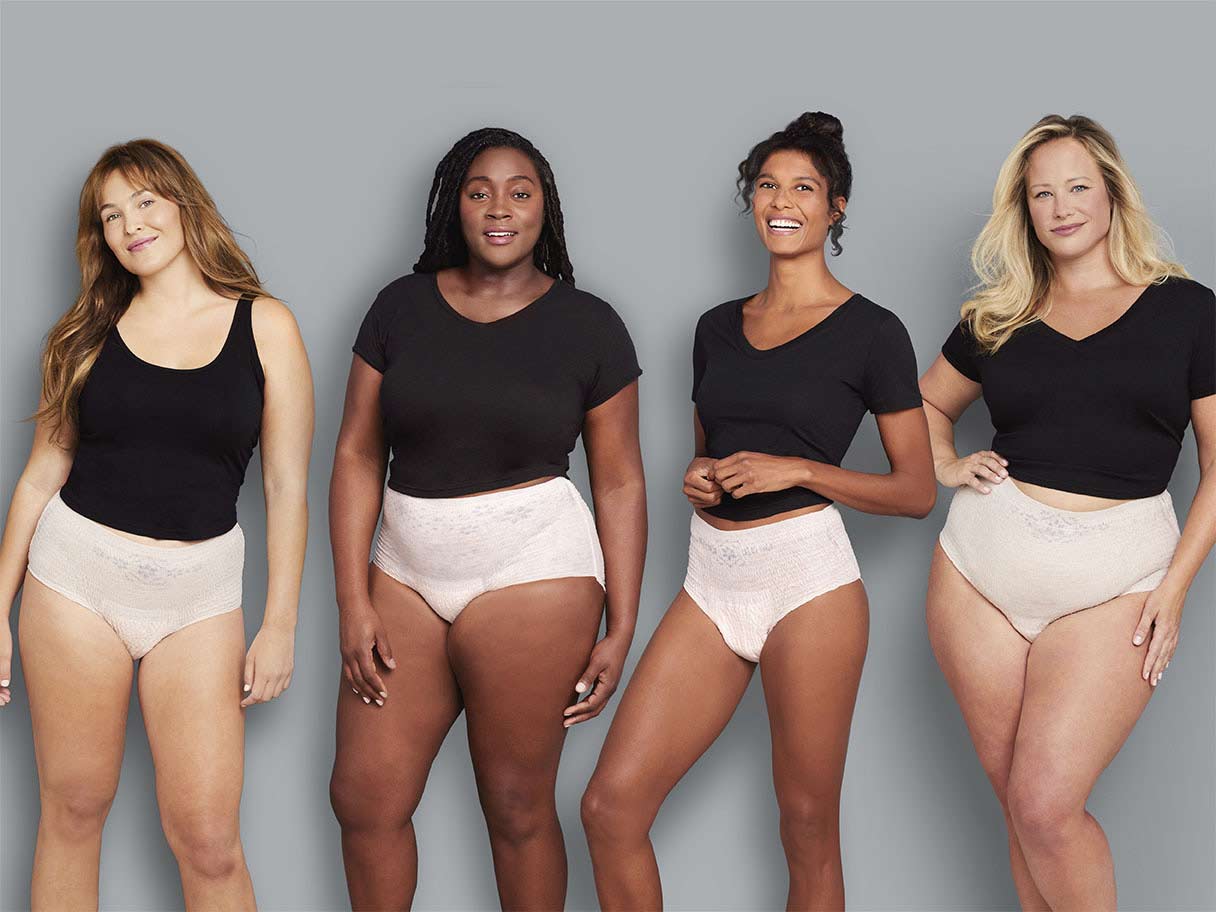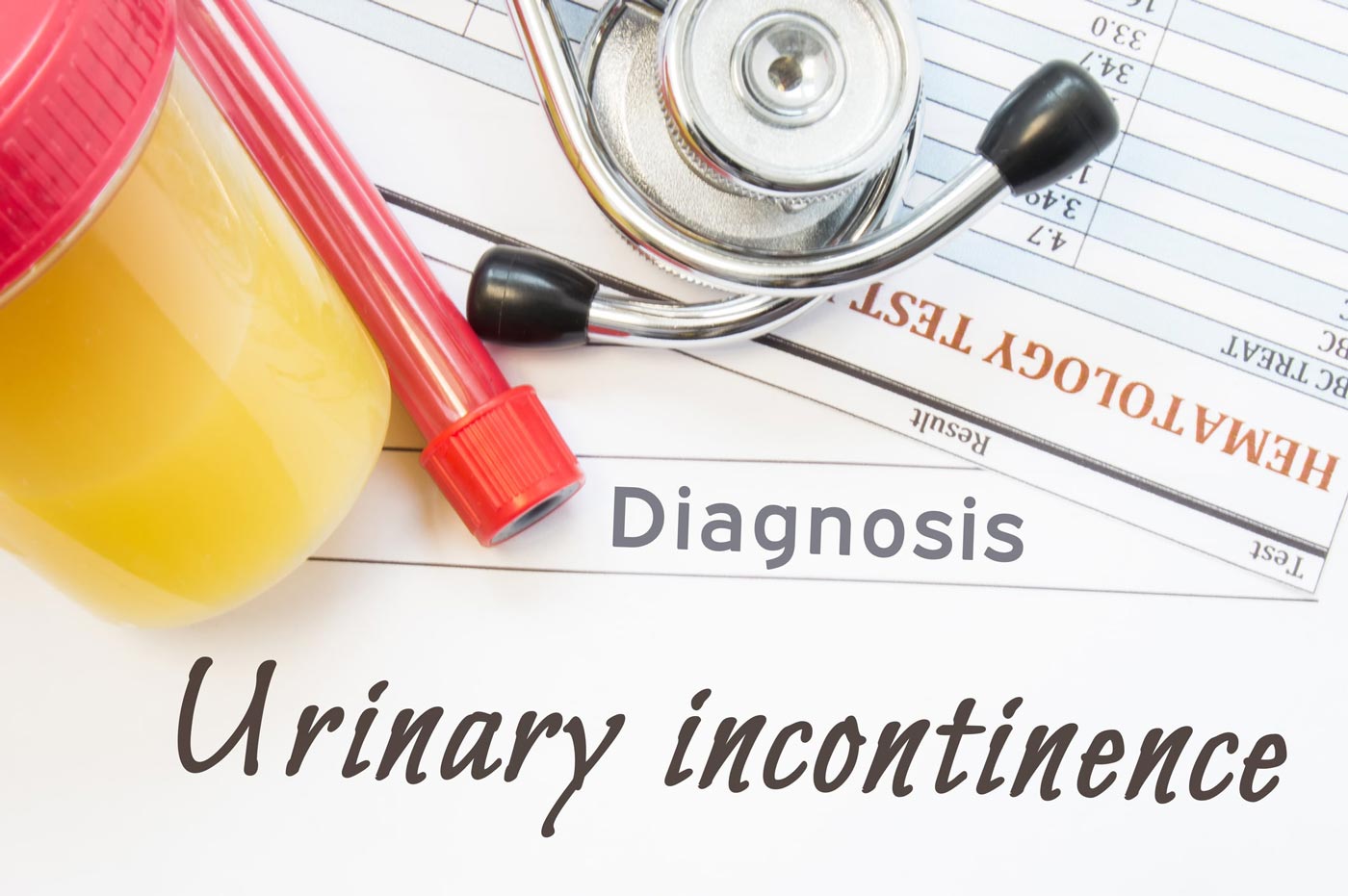Reasons for Bladder Leaks After Childbirth and What to do About it
Reasons for Bladder Leaks After Childbirth and What to do About it
Written by Dr. Jennifer Berman, Urologist and Sexual Health Expert
Carrying a baby to term – regardless of whether you have a C-section or vaginal birth – can cause bladder leaks. Childbirth, with the accompanying pressure and stretching of the ligaments, muscles, and support tissue surrounding the bladder and urethra, is what leads to incontinence postpartum.
Prolonged labor and delivery, trauma associated with labor and delivery, failure to progress or a gestationally-large baby will compound the potential for damage to the bladder, the urethra, and the supporting ligaments and muscles, increasing the potential for post-pregnancy leaks.
The type of incontinence women typically experience during and after delivery is called stress incontinence. This means the leakage of urine occurs with any type of physical exertion or pressure on the bladder—in other words “stress”. Coughing, sneezing, laughing, bending over, picking something up, or any type of physical activity that involves running or jumping are examples of potential triggers for stress incontinence. When the support structures to the bladder and/or urethra are compromised, physical activity or pressure on the bladder can cause the angle of the urethra to move out of its normal position allowing urine to leak out.
I am only 5’ 3” and delivered a nine-pound, eight-ounce baby. Pushing the equivalent of a watermelon out vaginally did its fair share of damage in the short term and long term. I can attest to the fact that incontinence after childbirth is totally normal.
In the short term, women will experience changes in bladder function and control for anywhere between four weeks to several months, sometimes even up to a year. Some women will regain pre-baby bladder control, while others won’t. The determining factors that present a higher risk of ongoing bladder control issues after six months to a year are related to genetics, type of delivery, the size of the baby, and the length of labor.
Besides the details of childbirth, our genes can also predispose us to bladder leakage. It is important that women understand their own potential susceptibility toward incontinence postpartum and speaks to their sisters and mothers about their experiences with childbirth and any changes they experienced postpartum. This can give you a good indication for what you may experience during pregnancy and after childbirth.
One thing you can do to help reduce susceptibility is practice kegel exercises before, during, and after delivery (to the best of their ability!) Strengthening the pelvic floor muscles helps maintain bladder control and is an important part of your bladder health regimen.
Setting up a regular voiding plan, regardless of whether or not you feel the urge to go, is also important postpartum to avoid accidental leaks. I recommend that women empty their bladders every two hours in order to help them stay dry.
Oftentimes, symptoms of stress incontinence will resolve over time. If symptoms persist over several months, speak to your OB/Gyn to identify the type of incontinence and determine if you are a candidate for medications, surgery, or even vaginal laser therapy, like Femilift. Femilift improves and restores the collagen surrounding the urethra, which helps to support the urethra and prevents it from moving during strenuous activities. And – bonus – it’s a minimally invasive and painless procedure.
The bottom line is this. Stress incontinence is normal and expected in the postpartum period. It can even start during the third trimester of pregnancy when the uterus is pressing on the bladder. It’s important that women know this, prepare for it and use the resources that are available to them, like Depend protective undergarments.
Depend is continually developing new and improved protection options to help ensure that bladder leaks are no longer a game stopper. Women have enough on their minds in the early postpartum period and shouldn’t have to worry that wetting themselves will turn a happy baby moment into a nightmare. Depend products allow women the freedom to resume their regular activities and feel confident that they will be protected.






